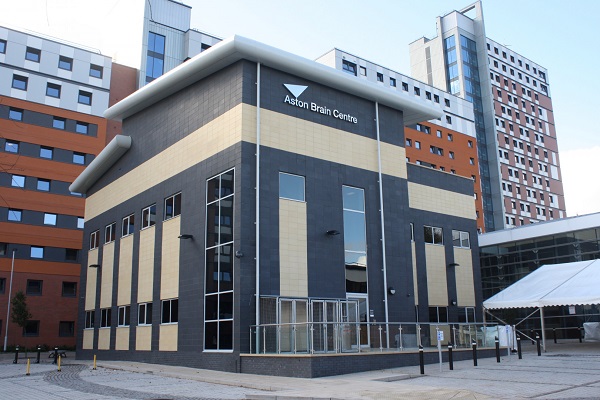Aston University expert receives grant to investigate new epilepsy treatment for rare genetic disease
A researcher based in Aston Institute for Health and Neurodevelopment has been awarded a prestigious Endeavour Project Grant of £174,495 by Epilepsy Research UK.
The grant will fund a 36-month study entitled ‘Lysine Metabolism as a therapeutic target for epilepsy in tuberous sclerosis complex (TSC)’.
The study will focus on Tuberous Sclerosis Complex (TSC), a rare genetic disease that causes non-cancerous tumours to grow in the brain and other areas of the body. TSC is often accompanied by epilepsy, which affects around 80% of people with the condition. Importantly, epilepsy in TSC is the highest cause of death and remains an unmet clinical need for TSC patients as it is hard to treat with currently available medications.
Dr Felix Chan’s research will investigate the potential of lysine metabolism as a therapeutic target for epilepsy in TSC. This involves understanding how the body processes the amino acid lysine and how it can be manipulated to reduce seizures in people with TSC.
A therapeutic target is a biological molecule, biological pathway or physiological response that is associated with a particular disease process and may be inhibited or activated by a therapy in a way that will change the course of the disease in a positive way.
The study will also involve a PhD studentship to work with Dr Chan, Professor Gavin Woodhall and collaborator Professor Wyatt Yue from Newcastle University, with recruitment for intake expected in October 2023.
Dr Chan’s research project is notable for its collaborative approach. The TSC and epilepsy patient community has been involved in the study design process through collaboration with the Tuberous Sclerosis Association TSC Research Volunteer Network and the Epilepsy Research UK Shape Epilepsy Research Network.
Dr Felix Chan, lecturer in neuroscience, at Aston University, said: “I am delighted to have been awarded this Endeavour Project Grant from Epilepsy Research UK. TSC is a rare genetic disease that affects around one in 6,000 people and can have a profound impact on individuals and their families. My hope is that this research will contribute to the development of new treatments for epilepsy in TSC, improving the lives of those affected by this condition.”
Dr Pooja Takhar, joint chief executive of the Tuberous Sclerosis Association, added: “We are pleased to see that the most important voice in TSC – individuals and families living with the condition itself – has been included in the design process of this vital research project. This ensures that the research is focused on the areas that are of most importance to those living with TSC, boosting the potential impact on the lives of people with TSC.”
Epilepsy Research UK’s Endeavour Project Grants support innovative and ambitious research projects that have the potential to significantly improve the lives of people with epilepsy. The grants are highly competitive, and only a small number are awarded each year.

